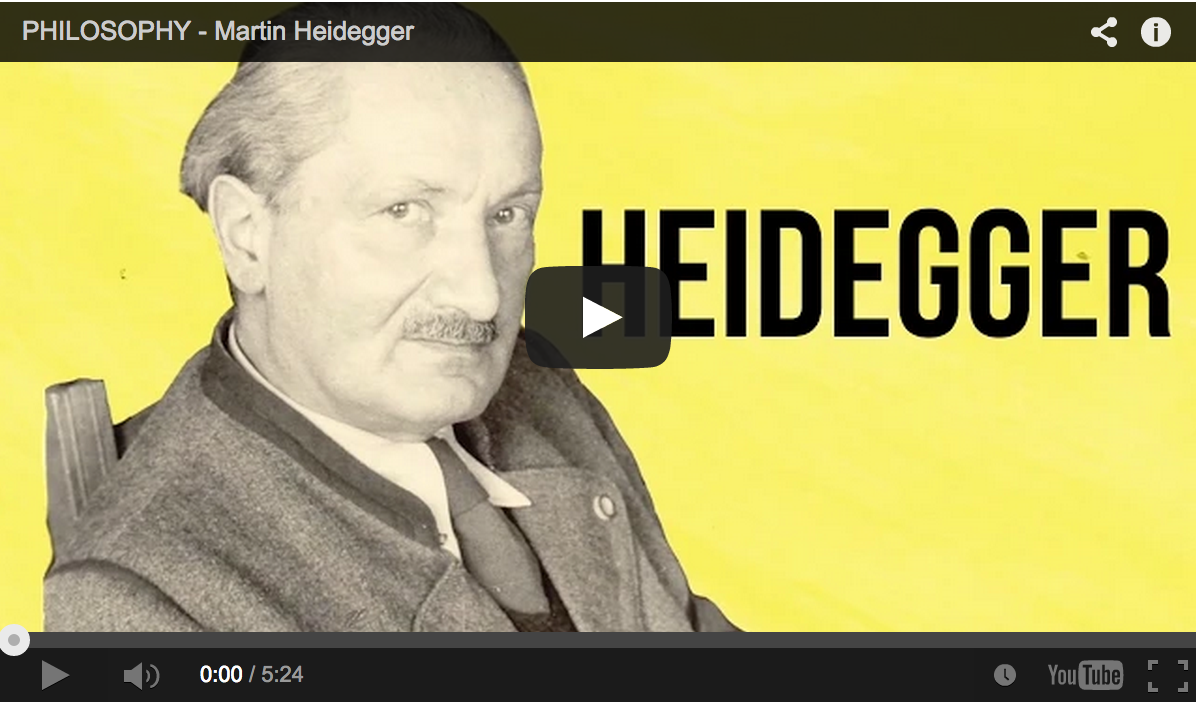Today’s post, an essay by philosopher Alain de Botton, is from LARB Channel Marginalia. It was published last week – if you missed it, we’ve reproduced it here in full. The above photo is a screenshot of one of The School of Life’s new YouTube videos. The video is included in the below post.
Traditionally, philosophy has been nervous around the idea of communication. Reaching out has not been high on the agenda. Academic philosophers have frequently erected barriers to wider participation: abstruse vocabulary and hypercomplex arguments have seemed to guarantee intelligence — all of which is a great pity.
Philosophy is simply the pursuit of wisdom. And though it’s a rather abstract term, the concept of “wisdom” isn’t mysterious. Being wise means attempting to live and die well, leading as good a life as possible within the troubled conditions of existence. The goal of wisdom is fulfilment. So a philosopher or “person devoted to wisdom” is someone who strives for systematic expertise at working out how one may best find individual and collective fulfillment.
That’s why there is always a need to make wisdom widespread: something for the many, not just for the few. It’s a need that is especially great in societies like ours which are driven by the currents of popular opinion and mass consumption.
It’s on this basis that colleagues and I began a YouTube channel, and we’ll be updating it with new films a few times every week.
A YouTube channel shouldn’t be seen as a painful concession to the lamentable demands of a coarsened world. It is, in fact, bringing philosophy closer to its true ideal. Because wisdom clearly does not in the end belong merely in a seminar room or academic hall. It belongs in the day-to-day practices and mental habits of our lives. Philosophy is how you handle rejection, or cope with frustration or work out how to help another person — these are the real goals for which the finest intellectual labor is only at best the preparation (and sadly from which it can be a terrible distraction).
The technology is of recent date, but the underlying move is not new. A YouTube philosophy channel is just today’s version of the windows of Chartres Cathedral. In the Middle Ages, leading thinkers knew that hardly anyone would read their theological treatises. They didn’t quietly resent the situation. They took action. They realised the importance of popularization. They accepted that a glowing, vivid stained-glass window could achieve much the same as a book and could be used alongside literature as an aide to the ultimate goals of enlightenment. The point of the window was to show why being kind — why helping a stranger in need is a good thing to do. But writing books or essays isn’t the only way to put this argument forward. What’s needed for many is encouragement and stimulation of a more emotional, direct kind. So the windows are brought in to tell the story of the Good Samaritan in a vivid way. We can see the unpopular man who is moved by ordinary, and effective, generosity to help another in their hour of need. The windows are not “selling out” or cheapening the message. They’re bringing it to life in a narrative, visual manner.
The task is to carry, from one end of society to the other, the best knowledge and the best ideas of our time. We should be trying to divest philosophy of all that is harsh, uncouth, difficult, abstract, professional, exclusive about it. We need to humanize it — and to make it efficient outside the clique of the cultivated and learned.
In a populist, market driven society, it is no use keeping philosophy for the few, and writing books that only a hundred people can understand. The real task is to know how to popularize. If philosophy is to be properly powerful, it has to learn to be popular first.



